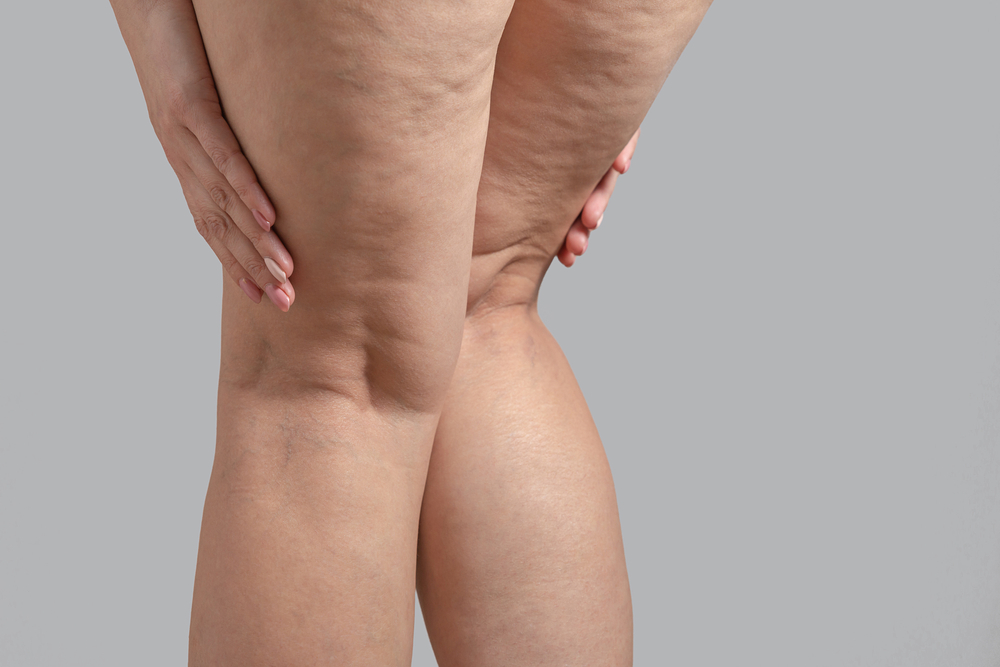
We often hear about the correlation between weight and heart disease, diabetes, and other systemic conditions. But what about the connection between weight and joint health? It's not discussed as frequently, yet it's a crucial aspect of our physical well-being. Our joints play a key role in enabling movement and supporting our body's weight. Understanding the link between weight and joint health is the first step in taking proactive measures to safeguard our joint health.
Understanding Joint Health
Joint health is a broad term encompassing the fitness and functionality of the joints in our body. Our joints, composed of cartilage, ligaments, tendons, and fluids, facilitate movement and bear the weight of our body. When our joints are healthy, we can move freely and without pain. However, various factors can affect joint health, including age, diet, physical activity, injury, and, of course, weight.
Good joint health is characterized by pain-free movement, flexibility, and strength. On the other hand, poor joint health might manifest as stiffness, limited range of motion, swelling, or pain during movement. It's important to note that joint health issues are not exclusive to the elderly. Joint problems can occur at any age, especially if there are contributing factors like excess weight or injury.
How Being Overweight Impacts Joint Health
Excess weight puts additional pressure on the joints, particularly weight-bearing joints like the knees and hips. For every pound of body weight, our knees experience four pounds of pressure. So, if you're 20 pounds overweight, that's an extra 80 pounds of stress on your knees.
Being overweight can also accelerate the wear and tear of the joint cartilage, the cushioning tissue between bones. This can lead to osteoarthritis, a common joint disorder characterized by pain and stiffness. In fact, research has shown that overweight individuals are at a higher risk of developing osteoarthritis compared to those with a healthy weight.
Benefits of Maintaining a Healthy Weight for Joint Health
What are the benefits of a healthy weight for joint health? Firstly, it reduces pressure on your joints, alleviating pain and discomfort. Additionally, maintaining a healthy weight can slow down the progression of arthritis, improve mobility, and enhance overall joint health. Plus, it contributes to better overall health, reducing the risk of various diseases like heart disease and diabetes.
Conclusion
Weight loss can have a profound long-term impact on joint health. It reduces pressure on your joints, slows down the progression of arthritis, improves mobility, and enhances overall health. While losing weight might seem challenging, remember that every pound lost translates to significant relief for your joints.
Adopting a healthier lifestyle, incorporating regular physical activity, and eating a balanced diet can go a long way in aiding weight loss and improving joint health. Don't let your weight weigh down your joints and your life. Take the first step towards a healthier you today.
To learn more about the impact of weight loss on joint health, visit ReAlignMed at our Chicago, Illinois, office. Call 773-665-4400 to schedule an appointment today.




